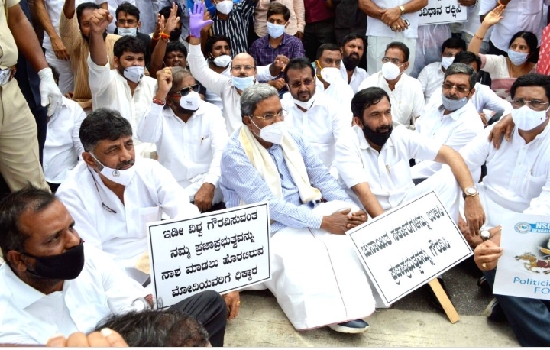Newsroom, Apr 30: Beleaguered billionaire B R Shetty, who went into hiding after after a multi-billion fraud at UAE-based NMC Health came to light, has now put the blame on his companies employees.
The former chairman of the Abu Dhabi headquartered hospital operator said, investigations he commissioned found following things:
1. The fraudulent creation and operating of bank accounts in my name including many fraudulent transfers that I neither authorised, consented to, or had any knowledge of.
2. The fraudulent creation of loans, personal guarantees, cheques and bank transfers in my name, and using my forged signature, that I neither authorised, consented to, or had any knowledge of.
3. The creation and set-up of companies in my name that I neither authorised, consented to, or had any knowledge of, and that were seemingly created with the express intention to commit or conceal fraud.
4. The fraudulent creation of powers of attorney, and the misuse of existing powers of attorney, again in my name, that I that I neither authorised, consented to, or had any knowledge of.
5. The creation and provision to me of false and misleading financial statements and information regarding the performance of some of my private companies and investments by members of my own management team.
6. The payments of expenses using my private companies and personal bank accounts, I believe to hide the true financials of the public companies."
This is the first time Dr. Shetty, who is reportedly hiding in India for the last couple of months, issued a statement based on investigations he commissioned privately. He had brought in a consultancy to conduct it after initial revelations came to light that NMC Health had not been fully transparent with its finances.
Dr. Shetty had stepped down as executive chairman after the then Board of Directors barred him from attending any meetings. “I intend to work tirelessly to clear my name and assist any authorities in getting to the truth and help them ensure that misappropriated or missing funds are returned by the perpetrators to their rightful owners,” said Dr. Shetty.
This month, ADCB, which has the highest exposure among UAE banks to NMC Health, brought charges against five former officials, including ex-board of directors, with Abu Dhabi prosecution. The former CEOs of NMC Health and Finablr are also currently not in the UAE.






Comments
Can he explain give few wordd about Daniel Varghese the founder of UAE exchange.
Who is the person shattered his fate .
Add new comment